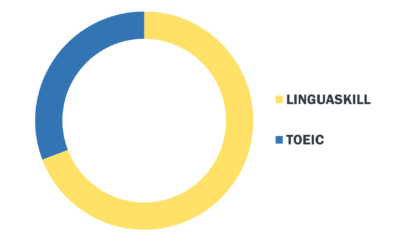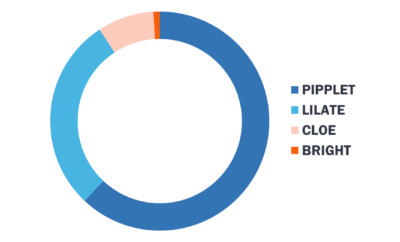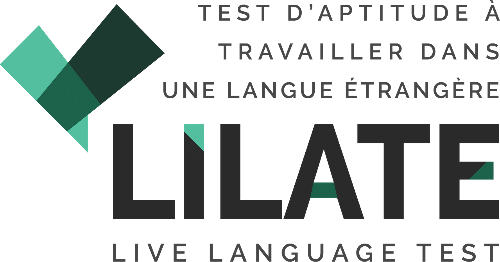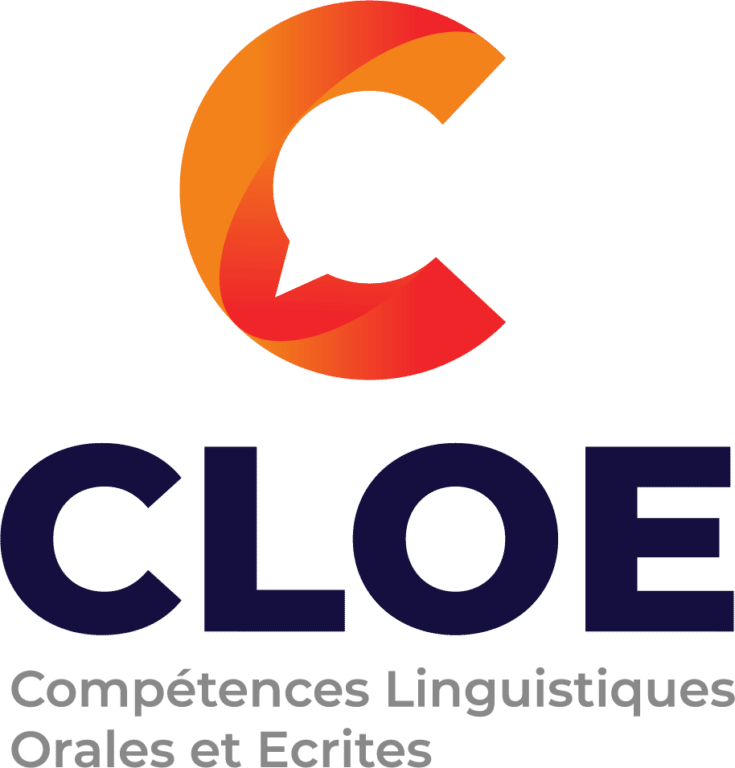Our team of language assessment experts is at your disposal
BTL has one of the largest teams of language assessors in France today:
- we carry out job audits and draw up the corresponding linguistic benchmarks,
- we evaluate learners' language skills, and
- we pinpoint their level on the CEFR scale,
- defining clear short and medium-term objectives.
Our comprehensive range of language auditing tools can meet all your requirements.
1. Obtain an independent certificate through BTL
BTL is authorized to have your employees sit an independent, internationally recognized test or examination, eligible for the CPF. This enables you to standardize the assessment of your employees' language levels, who are evaluated using the same framework and receive a certificate attesting to their level. What's more, an independent test enables any professional to enhance their profile with a recognized certificate.
BTL has been a TOEIC agent for more than fifteen years, as well as a CLOE, BRIGHT and LILATE agent, among others.
To compare tests and decide which one would be best for you, consult our comparison table. You'll find more information on each test on the following pages, or you can contact us for more information.
Every candidate who takes one of these tests receives a certificate that specifies their linguistic level. The test is automatically validated as passed provided the candidate meets the test conditions.
Here are the annual statistics for English test choices (%), last updated in October 2023 :
Below are the annual statistics for choice of test for other languages (%), last updated in October 2023:
2. Start and end-of-course proficiency audits
What makes BTL's level assessment so valuable?
A team of trained assessors, who carry out a comprehensive individualized audit and position the learner's level on the CEFR scale. Prior to any training course, the learner is assessed by means of a written language test and an oral test -a telephone conversation with one of BTL's assessors. All oral and written skills, grammatical knowledge and vocabulary are examined and assessed to determine the learner's level of proficiency.
This audit is complemented by a Needs Analysis: a questionnaire regarding the context in which the target language is used and the learner's expectations. This is sent to learners prior to their start-of-course audit, during which they go through their responses with the assessor.
Why do we analyze the learner's needs and context before training begins?
The analysis provides a clearer picture of who the learners speak to in the target language; the nature, context and frequency of their exchanges; and the priority objectives for their training course.
These elements allow us to set clear objectives for each individual. The proficiency level audit and the needs analysis are synthesized in an individualized initial assessment report.
Analysis of a learner's skills and needs enables us to recommend the most appropriate course:
- for the person's language level,
- for their professional role and to meet their expectations,
- using one or more training methods,
- keeping within any budgetary parameters
- so as to ensure the best possible return on investment in language training.
How do we track progress during training?
Throughout the course, the trainer measures progress using a range of pedagogical tools selected by BTL. All programs and course or e-learning materials are mapped to the CEFR scale, so that each learner's linguistic objectives and level can be accurately tracked.
At the start of each class, the teacher takes stock of what has been learnt in the previous one and what consolidation work has been carried out. Any e-learning work is also examined by the teacher, who can advise and guide learners towards learning activities adapted to their needs. Every 4 or 5 lessons, a quiz or test is offered to learners: these chart their skills progression and provide a clear view of their progress, strengths and areas for improvement.
And at the end of the course?
At the end of each course cycle, the teacher draws up an individual final pedagogical report. This is the equivalent of the initial report issued following the start-of-course audit, and presents the objectives achieved, a detailed assessment of the level acquired, and the skills mastered and those to be improved. More specifically, the final report sets out:
- the learner's level on the CEFR scale,
- a reminder of the initial objectives,
- the skills acquired,
- their strengths and areas for improvement
- the learner's participation and attendance
- the quality of their consolidation and e-learning work
- a reminder of long-term pedagogical objectives,
- and recommendations and proposals for any subsequent course cycle.
3. HR tools for every situation
BTL offers a range of language auditing tools so as to meet all your needs.
- Job audits
- Linguistic benchmarks
- The CEFR scale
- Linguistic mapping of a department or company
What's more, our in-house language audits enable us to recommend the most effective type of training for your particular context.
A linguistic audit of one or more key positions in a company - as opposed to the linguistic audit of an individual - makes it possible to evaluate the optimal use of English, both spoken and written, in certain job posts, and consequently to define the language level required for these positions.
The audit phase enables us to draw up a benchmark indicating the level of English required to carry out the tasks associated with the position. This benchmark is a tool which can be used for the purposes of:
- recruitment of new staff
- internal recruitment and career progression
- building a structured, long-term language training plan.
Our multi-stage approach to job auditing is a reliable and rigorous ISO 9001-certified validation process.
The Common European Framework of Reference for Languages (CEFR scale) is the result of many years of linguistic research carried out by experts from the member states of the Council of Europe as part of a group called ALTE.
This CEFR (Common European Framework of Reference for Languages) scale is now the benchmark for language learning, teaching and assessment in many countries, even beyond Europe.
All BTL tests and the external tests offered by BTL are designed and aligned with the CEFR scale, which consists of a language proficiency assessment scale with 6 levels: from A1 to C2 (elementary to advanced).
Please find below the "CEFR" language level scale developed by the ALTE tester-researcher group, as well as the common competency levels. This framework, which is very useful for self-assessment, includes "can do" statements for each level. It enables users to determine their level by objectively identifying their abilities for each language skill.
> Download the evaluation grid framework
Source :











